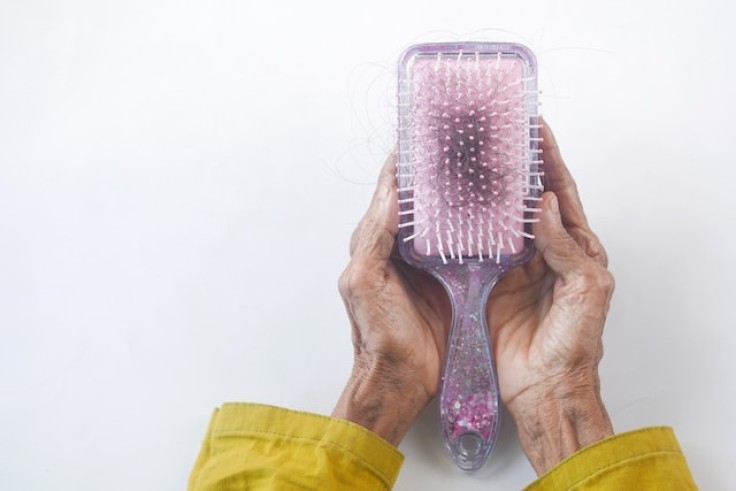
Hair loss can be a distressing side effect for many women after discontinuing birth control. This phenomenon, often due to hormonal imbalances, can impact self-esteem and overall well-being. However, it's important to understand that this is usually temporary and can be managed effectively with the right diet and lifestyle changes.
This article explores practical strategies to combat hair loss and promote hair health post-birth control.
Understanding the Link Between Birth Control and Hair Loss
Birth control pills often contain hormones that can suppress ovulation and regulate menstrual cycles. When you stop taking these pills, your body undergoes hormonal fluctuations, which can temporarily disrupt the normal hair growth cycle. This can lead to a condition known as telogen effluvium, where hair shifts from the growing phase to the resting phase, leading to increased shedding.
Dietary Changes to Support Hair Health
- Protein-Rich Foods: Hair is primarily made of protein, specifically keratin. Incorporating protein-rich foods like eggs, fish, lean meats, and legumes can provide the building blocks necessary for hair growth.
- Iron and Zinc: Iron deficiency is a common cause of hair loss. Foods like spinach, lentils, and red meat can boost iron levels. Zinc, found in nuts, seeds, and shellfish, is crucial for hair tissue growth and repair.
- Vitamins and Antioxidants: Vitamins A, C, and E, along with antioxidants, can protect hair follicles from damage. Berries, oranges, and green leafy vegetables are excellent sources.
- Omega-3 Fatty Acids: These healthy fats, found in fish like salmon and mackerel, can enhance hair density and diameter. They also reduce inflammation, which can exacerbate hair loss.
Lifestyle Modifications for Hair Regrowth
- Stress Management: Chronic stress can exacerbate hair loss. Techniques like yoga, meditation, and regular exercise can help manage stress levels.
- Scalp Care: Gentle hair care routines, avoiding harsh chemicals, and minimizing heat styling can prevent additional stress on hair follicles.
- Adequate Sleep: Quality sleep is essential for overall health and can positively impact hair growth. Aim for 7-9 hours of sleep per night.
- Avoiding Tight Hairstyles: Tight ponytails or braids can pull on the hair and exacerbate hair loss. Opt for looser hairstyles to reduce tension on the scalp.
Read Also: How Much Milk Should a 2-Year-Old Drink: Striking the Nutritional Balance
Supplements and Professional Advice
While diet and lifestyle changes are crucial, supplements like biotin, vitamin D, and iron (if deficient) can also support hair health. However, it's essential to consult with a healthcare provider before starting any supplement, especially if you have underlying health conditions.
Hair loss after stopping birth control can be a challenging experience, but it's often temporary. By focusing on a nutrient-rich diet, managing stress, and adopting hair-friendly lifestyle practices, you can support your body's natural ability to regrow hair.
Remember, patience is key, as hair growth is a slow process. If hair loss persists or you have concerns, it's advisable to seek guidance from a healthcare professional for personalized advice and treatment options.